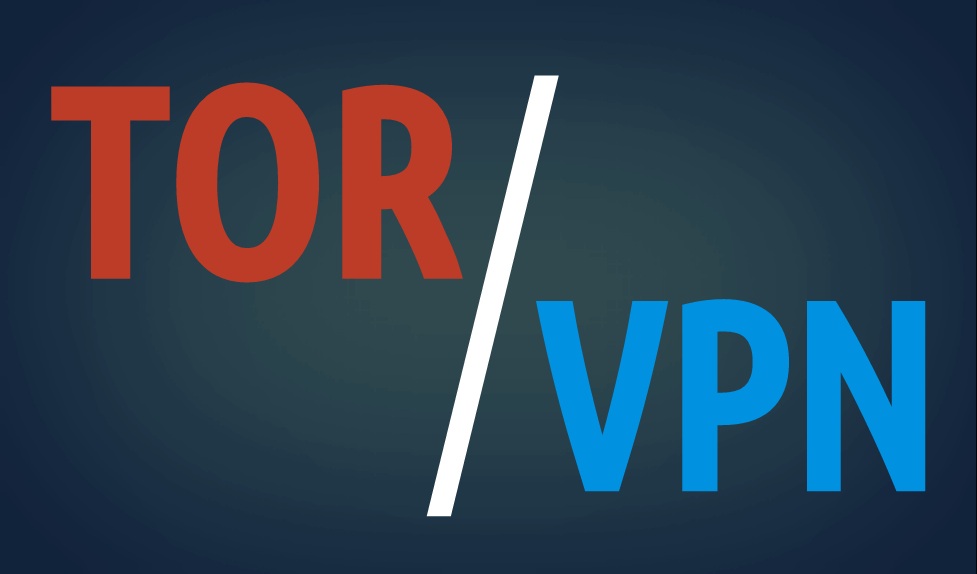Featured
Table of Contents
Tor Vs. Vpn: Is One Better Than The Other?
The creators describe Tor as software that assists protect you online. It's a complimentary tool that many personal privacy nuts utilize. When you utilize the Tor Internet browser, it redirects your web traffic through the Tor network of volunteer servers spread all over the world. Each connection bounces through 3 servers prior to reaching the intended destination.
Helps bypass geoblocking and censorship: if some site is obstructed in your country, Tor can allow you to access it. Slow: your information gets bounced via three random relays. Therefore, your connection can only be as quickly as that of the slowest node. That's why numerous. onion sites look so barebone compared to routine websites.

Using it to download files decreases your internet connection a lot more. So lots of Tor users would have to wait 3 times as long to download something. Node vulnerability: if you're not utilizing an HTTPS connection, your data is visible on the exit node. As Tor operates on a volunteer network, you can't understand if your data isn't being obstructed.
Differences Between Tor Browser And Vpn
Bad for accessing particular geoblocked material: it's difficult to gain access to geoblocked content that is only readily available in a single country. Random node selection means you can't really control the country where your exit node and the IP service checks out will be. Restricted ease of access to sites: some everyday websites obstruct Tor network connections.
Being able to choose what server you'll link to, only routing information through a single server, and having the company look after the servers makes sure that the VPN connection is practically as quick as utilizing unguarded internet. This technique is more pricey to keep. Good web speed: considering that VPNs just bounce your signal by means of a single server, your connection is much faster.
This allows Tor to guarantee that none of the servers understand both the sender of the information and its destination, while a VPN guarantees better speed and an actual choice of server. Significantly, a VPN can supply a multiple-server feature. For example, Dynamic Multi, Hop enables Surfshark VPN users to pick two servers to route their data through.
Tor Browser Vs. Vpn: How To Make The Right Choice
If your web traffic links to the VPN server prior to the Tor network, the VPN server spoofs your IP. That means that even if the Tor entry node is compromised, the interested party will not be able to get your IP address.
If you're utilizing Tor, you're not doing so for speed. As long as you have actually a relied on VPN service provider, using the Tor web browser with a VPN might be a deserving compromise. Tor and VPNs are personal privacy tools with similar purposes. However, they work very in a different way and have unique benefits and drawbacks.

Tor is much safer for sharing sensitive details or anything else that may put you at threat. A VPN, on the other hand, is much faster.
Tor Vs. Vpn [2021] – Which Is Best?
Tor will encrypt the Spotify site however not the app, while a VPN will encrypt both. Tor runs your information through numerous layers of encryption at when, while VPN providers generally only use one layer.
Tor hides your IP when you are looking for something on Tor. Using a VPN with Tor can result in web speed downturns: You are routing data through 4 servers; The VPN server and the Tor entry server may be located far apart.
VPN is better for streaming, downloading, and other everyday uses. Simply put, the distinction is that Tor paths your internet traffic through 3 random servers and encrypts it three times, VPN routes it by means of a single server of your choice and secures it when, and a proxy simply routes your traffic via a single server.
Tor Over Vpn, Or Vice Versa? - 4n6lady - Medium
No matter why you want to stay incognito online, you're most likely to pick a Virtual Private Network (VPN) or Tor internet browser. These are 2 of the most popular choices amongst those concerned about safeguarding their digital identity. However if you are wanting to select one, which is the most ideal? To put it simply, Tor is best for those transmitting delicate information.
Table of contents Tor and VPN are tools used to stay anonymous online. The Tor web browser is a totally free, open-source task allowing you to browse the web anonymously.
Yes, the name sounds silly, however the concept behind it is fantastic: the Tor browser network is built of layers upon layers of independent nodes run by Tor users. A VPN assists you protect your online privacy by creating a protected connection to any network or server over the web.
Tor And Vpn: Everything You Need To Know
The essential distinction between Tor and a VPN is that there are numerous VPN tools and service companies available but only one Tor browser network. Tor relies on a decentralized layer of independent nodes to transfer information safely, while VPN software links to a central server to provide a secure VPN tunnel.
Latest Posts
Best Vpns For Remote Workers & Freelancers In 2023
Best Vpn Solution For Your Business
The Best Vpn For Business In 2023: Top 8 Corporate ...